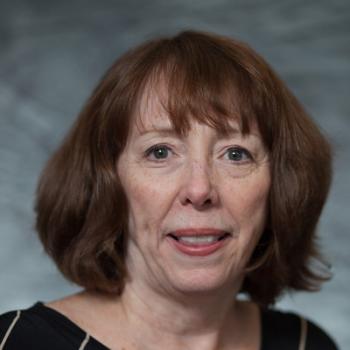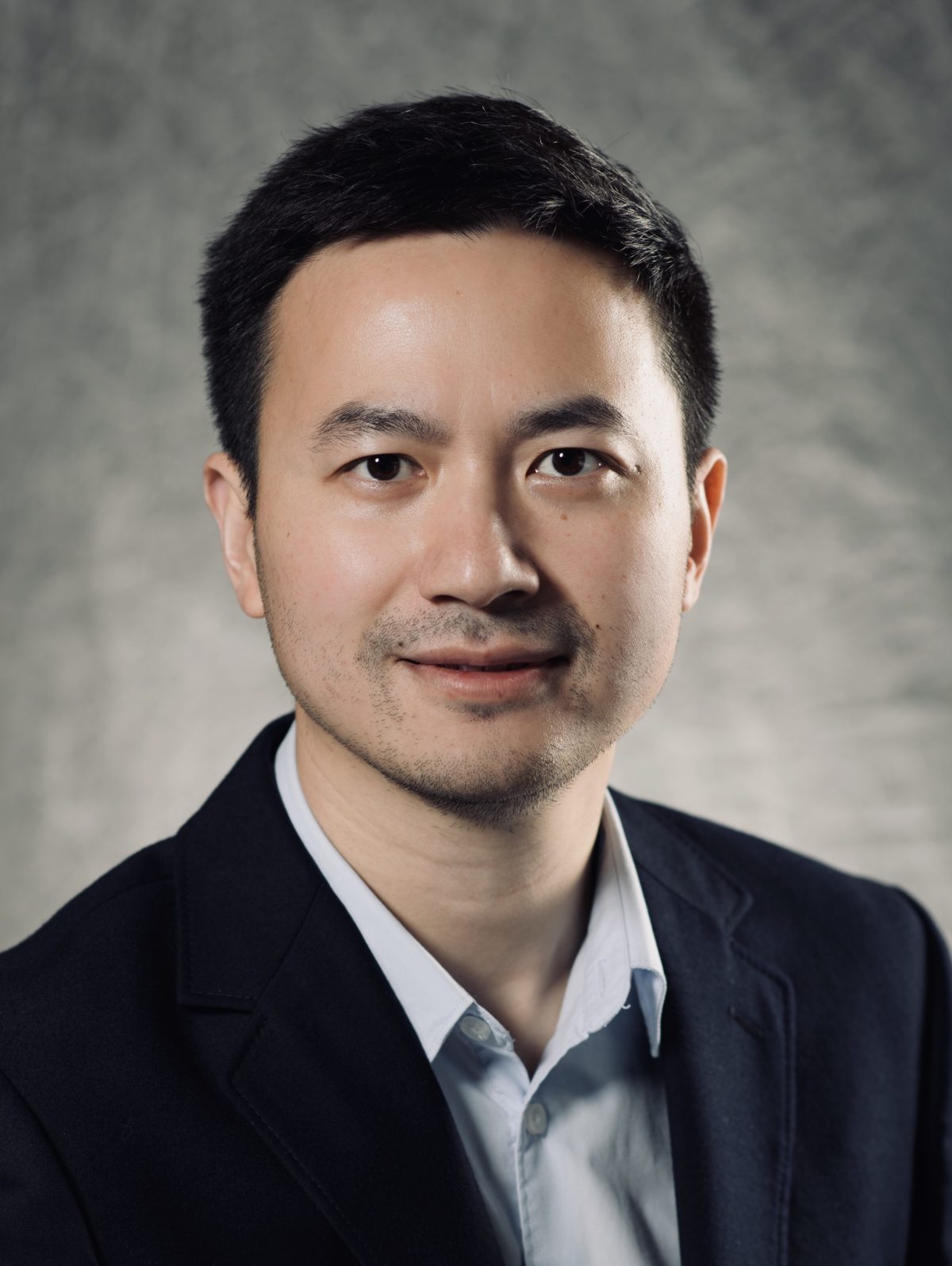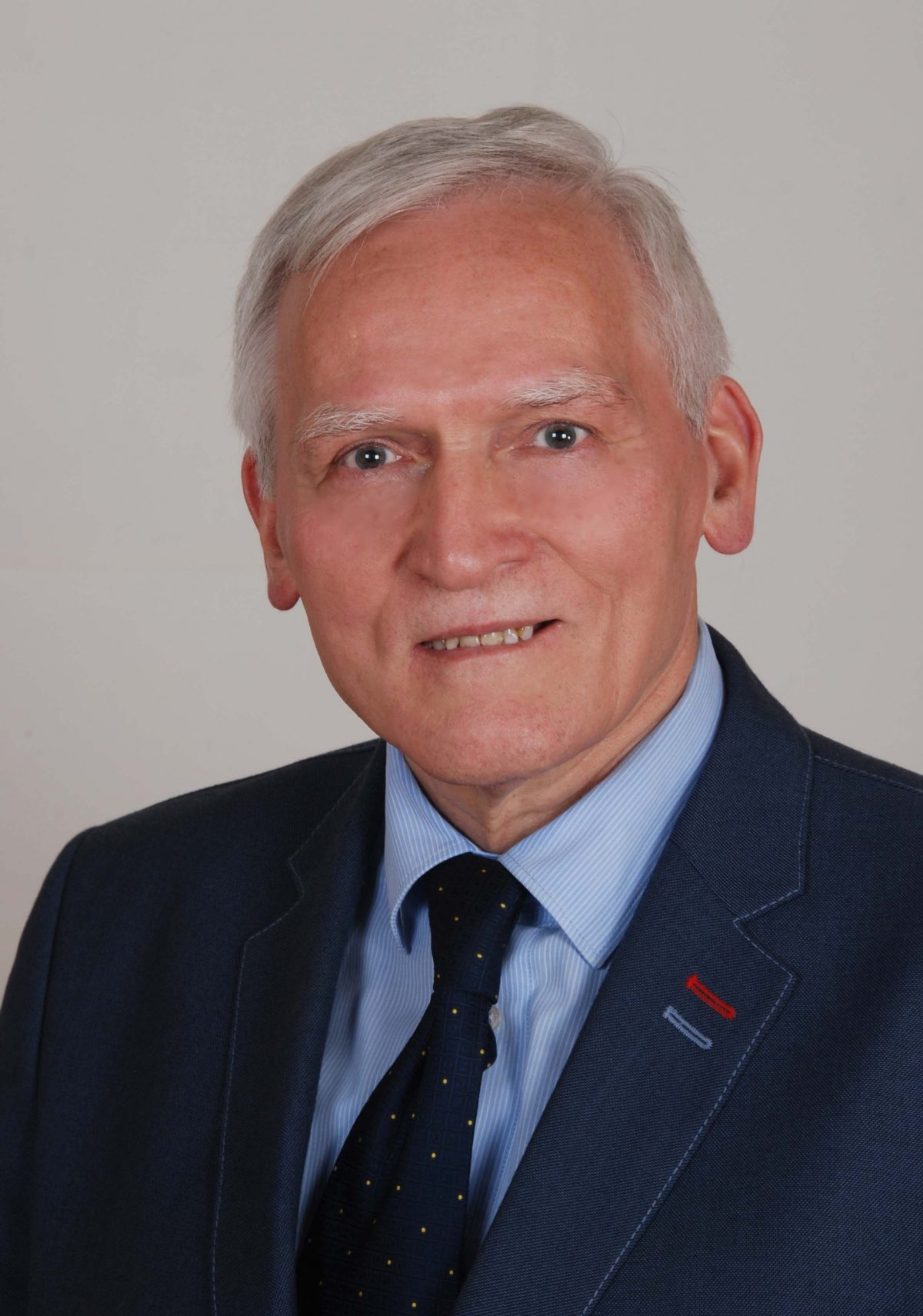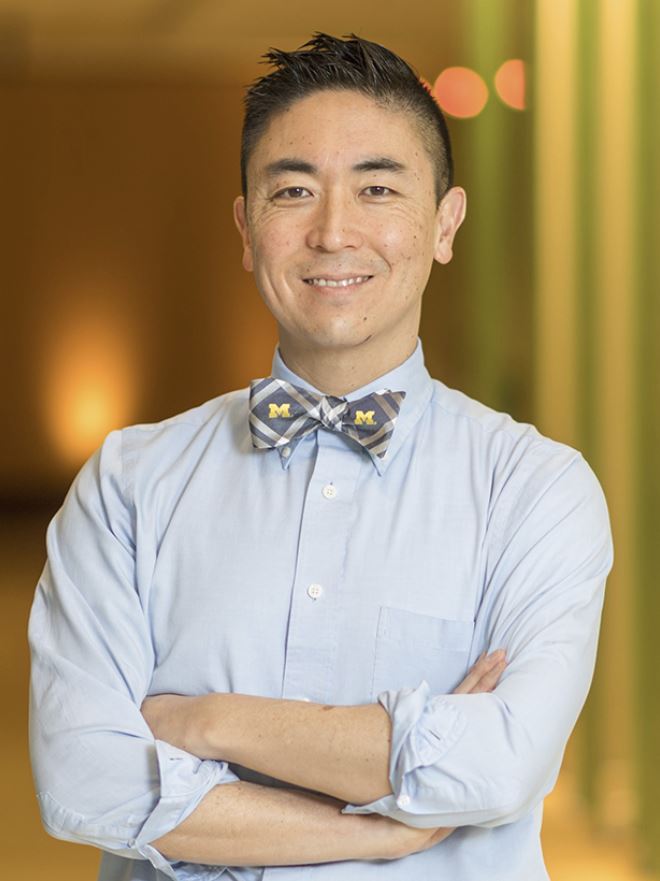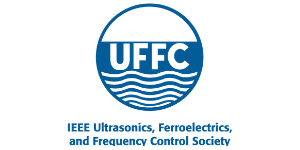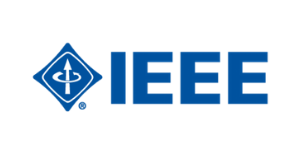Katherine Whittaker Ferrara is a Professor of Radiology. She is a member of the National Academy of Engineering and a fellow of the IEEE, American Association for the Advancement of Science, the Biomedical Engineering Society, the World Molecular Imaging Society, the Acoustical Society of America and the American Institute of Medical and Biological Engineering. Dr. Ferrara received her Ph.D. in 1989 from the University of California, Davis. Prior to her PhD, Dr. Ferrara was a project engineer for General Electric Medical Systems, involved in the development of early magnetic resonance imaging and ultrasound systems. Following an appointment as an Associate Professor in the Department of Biomedical Engineering at the University of Virginia, Charlottesville, Dr. Ferrara served as the founding chair of the Department of Biomedical Engineering at UC Davis. Her laboratory is known for early work in aspects of ultrasonics and has more recently expanded their focus to broadly investigate molecular imaging and drug delivery.
Archives: Presenters
Prof. David Horsley
David A. Horsley received his PhD in Mechanical Engineering from the University of California, Berkeley, in 1998. He is a Professor of Mechanical and Aerospace Engineering at the University of California, Davis, and an Adjunct Professor of Mechanical Engineering at the University of California, Berkeley, where he is co-director of the Berkeley Sensor and Actuator Center (BSAC). He is also co-founder and CTO of Chirp Microsystems Inc. (a TDK Group Company), a manufacturer of ultrasonic sensors using MEMS technology. Dr. Horsley was Co-Chair of the 2016 IEEE Sensors Conference, Co-Chair of the 2017 Transducers Research Foundation Napa Microsystems Workshop, and Co-Chair of the 2020 IEEE MEMS Conference. Dr. Horsley is a fellow of the National Academy of Inventors, is a recipient of the National Science Foundation’s CAREER Award, the UC Davis Outstanding Junior Faculty Award, the 2016 NSF I/UCRC Association’s Schwarzkopf Award for Technological Innovation, and the 2018 East Bay Innovation Award. He has authored or co-authored over 150 scientific papers and holds over 22 patents.
Prof. Zhen Xu
Zhen Xu is Professor of Biomedical Engineering at the University of Michigan, Ann Arbor, MI. She received the Ph.D. degree in biomedical engineering from the University of Michigan in 2005. Her research focuses on ultrasound therapy and imaging, particularly histotripsy. She received the IEEE Ultrasonics, Ferroelectrics, and Frequency Control (UFFC) Outstanding Paper Award in 2006; National Institute of Health (NIH) New Investigator Award at the First National Institute of Biomedical Imaging and Bioengineering (NIBIB) Edward C. Nagy New Investigator Symposium in 2011, The Federic Lizzi Early Career Award from The International Society of Therapeutic Ultrasound (ISTU) in 2015, the Fellow of American Institute of Medicine and Bioengineering in 2019, and The Lockhart Memorial Prize for Cancer Research in 2020. She is an associate editor for IEEE Transactions on UFFC and Frontiers in Bioengineering and Biotechnology, VP of UFFC Ultrasonics, and an elected board member of ISTU. She is a principal investigator of grants funded by NIH, Office of Navy Research, American Cancer Association, and Focused Ultrasound Foundation.
Gernot Fattinger
Gernot Fattinger received his M.S. degree and his PhD in Physics in 2000 and 2005, respectively, from the Johannes Kepler University, Linz, Austria. In 2003, he joined Infineon Technologies, Munich as a BAW R&D engineer, working most notably on understanding the fundamental device physics of BAW devices, coupled resonator filters, and high frequency filters. He joined TriQuint, Apopka, FL in 2006 as a BAW R&D engineer and is today responsible for BAW R&D and Global EDA at Qorvo. His current research interests are new materials, improving the understanding and modeling of BAW device physics, system simulation, and RF front-end module design.
Prof. Songbin Gong
Songbin Gong (S’06–A’09–M’12–SM’17) received the Ph.D. degree in electrical engineering from the University of Virginia, Charlottesville, VA, USA, in 2010. He is currently an Associate Professor and the Intel Alumni Fellow with the Department of Electrical and Computer Engineering and the Micro and Nanotechnology Laboratory, University of Illinois at Urbana–Champaign, Urbana, IL, USA. His research primarily focuses on the design and implementation of radio frequency microsystems, components, and subsystems for reconfigurable RF front ends. In addition, his research explores hybrid microsystems based on the integration of MEMS devices with photonics or circuits for signal processing and sensing. He is a recipient of the 2014 Defense Advanced Research Projects Agency Young Faculty Award, the 2017 NASA Early Career Faculty Award, the 2019 UIUC College of Engineer Dean’s Award for Excellence in Research, and the 2019 IEEE T-UFFC Ultrasonics Early Career Investigator Award. Along with his students and postdocs, he received the Best Paper Awards from the 2017 and 2019 IEEE International Frequency Control Symposium, 2018, 2019, and 2020 International Ultrasonics Symposium, and won 2nd and 3rd places in Best Paper Competition at the 2018 and 2020 IEEE International Microwave Symposium. He is the Technical Committee Chair of MTT TC-6 Microwave Acoustics and RF-MEMS of the IEEE Microwave Theory and Techniques Society. Currently, he serves as an associate editor for T-UFFC, JMEMS and JMW.
Prof. Ping Liang
Prof. Ping Liang, M.D., is chairman and tutor of doctor of Ultrasound Department in the Fifth Medical Center of Chinese PLA General Hospital. She is recipient of the National Science Fund for Distinguished Young Scholars. And she currently serves as the chairman of Ultrasonic Committee of Chinese Medical Association and Interventional Oncology Committee of Chinese Research Hospital Association, one of the Board Member of Asian Federation of Societies for Ultrasound in Medicine and Biology, and one of the Board Member of Asian Conference on Tumor Ablation.
Her major scientific interests are ultrasonic intelligent diagnosis of focal liver lesions and chronic liver disease based on big data, microwave ablation and radiofrequency ablation treatment of solid tumors in multiple organs (liver, kidney, adrenal gland, spleen, thyroid, breast, metastatic lymph nodes, etc.); Prof. Liang has been granted by 20 national and provincial research projects, including the Major National Projects on Scientific Research Instrument Development and International Cooperation Projects from the Ministry of Science and Technology. She has published 150 SCI articles. Prof. Liang edited the first monograph on thermal ablation in China: ultrasound-guided percutaneous microwave ablation therapy of liver tumor, and has been invited by the internationally renowned Elsevier publishing house to preside over the editing of an English monograph. She has obtained 14 patents at home and abroad, and won 9 awards, including: Second Prize of the State Technological Innovation Award, Second Prize of the State Science and Technology Advancement Award and so on.
Prof. Piotr Kielczyński
Professor Piotr Kiełczyński currently works at the Institute of Fundamental Technological Research (IFTR) of the Polish Academy of Sciences in Warsaw, Poland. He is the head of the Laboratory of Acoustoelectronics leading a team of scientists and engineers working on development and optimization of new methods and devices for scientific and industrial applications. Professor Kiełczyński graduated from Warsaw University of Technology, Faculty of Electronics, with his Master of Science (MSc) thesis on microwave mixers. He then completed his PhD dissertation at the IFTR (1979) developing the theory (Direct Sturm-Liouville Problem) of Love surface waves propagating on an elastic half-space with gradually changing properties (functionally graded materials – FGM) as a function of depth [1]. Professor Kiełczyński worked subsequently in applied research for Electronic industry, where he was involved in modeling of coupled electro-mechano-thermal phenomena occurring in semiconductor devices. After joining the IFTR of the PAS (1986) he focused his attention on sensor development using surface and bulk ultrasonic waves. Professor Kiełczyński defended his habilitation (higher doctorate) thesis at IFTR in Warsaw, Poland in 2000.
Professor Kiełczyński specializes in theoretical and applied ultrasonics. The domains of his research activities include: Love waves, ultrasonic waves, piezoelectricity, material characterization, high-pressure properties of liquids, phase transitions, sensor development, numerical simulations, signal processing, computer programming, mathematical modeling, and computerized instrumentation.
Professor Kiełczyński was an author and co-author of more than 100 research papers published in many prestigious scientific journals, such as Food Chemistry, Journal of the Acoustical Society of America, Applied Mathematical Modelling etc.. He worked as an invited scientist in many renowned Universities and research centers in Europe, USA, Canada and Japan. He holds 2 patents and served as a reviewer in many renowned scientific world-wide journals, such as Journal of Applied Physics, IEEE Transactions on UFFC, Ultrasonics, International Journal of Solids and Structures, etc. Professor Kiełczyński was an author of a number of chapters in books, published in Europe and USA. He presented the results of his research in numerous international conferences. He was also invited to present a number of papers as an invited and keynote speaker.
Professor Kiełczyński is a firm believer that the success in applied research is possibly only via a sound understanding of the underlying theoretical fundamentals, both physical and mathematical. He believes that practical engineering formulas should be derived from first theoretical principles and the use of a “”black box”” approach should be limited to a necessary minimum. Professor Kiełczyński highly values interdisciplinary research, where mutual connections are drawn between many different scientific and engineering domains, such as electromagnetism, integrated optics, quantum mechanics, microwave techniques, acoustics, mechanics, solid state physics, circuit theory, signal processing, geophysics, thermodynamics, etc. A prominent example of his multidisciplinary research are his recent publications on the theory of hearing, in which he hypothesized that the extraordinary properties of the human ear can be explained by the process of parametric amplification and piezoelectric effect that may occur in human Cochlea.
Summarizing, Professor Kiełczyński was a pioneer of two new important domains of current worldwide R&D activities, i.e., investigation of the functionally graded materials, using generalized SH surface waves of the Love type, and development of the liquid (viscosity) sensors employing Love and Bleustein-Gulyaev surface waves. At present, Professor Kiełczyński works on development of new methods and techniques for data extraction from the measurements performed with Love wave sensors. To this end, he applied inverse methods in conjunction with optimization techniques [2].
Recently, Professor Kiełczyński modified conventional Auld’s perturbation formula, expressing it entirely in terms of the complex power flow in Love wave waveguides loaded with a viscoelastic liquid. His latest research interest includes also applications of Love waves in sensor and biosensors with enhanced sensitivity.
1. P. Kiełczyński, , Theory of surface acoustic Love waves in non-homogeneous media,
Journal of Technical Physics, 22, 73-78, 1981
2. P. Kiełczyński, M. Szalewski, A. Balcerzak, Inverse procedure for simultaneous
evaluation of viscosity and density of Newtonian liquids from dispersion curves of
Love waves, Journal of Applied Physics, 116, (2014) 044902 (7 pages)
Dr. Clifford Cho
Dr. Clifford S. Cho, MD is the C. Gardner Child Professor of Surgery at the University of Michigan Medical School. He is a surgical oncologist focusing on the treatment of pancreas and liver malignancies, and is the Principal Investigator of a VA-funded cancer immunotherapy laboratory.
Prof. Dr. Hui-Xiong Xu
Prof. Dr. Hui-Xiong Xu, MD, PhD is the Vice President of Shanghai Tenth People’s Hospital; Professor of Department of Medical Ultrasound, Shanghai Tenth People’s Hospital, Ultrasound Research and Education Institute, Cancer Center, Clinical Research Center for Interventional Medicine, Tongji University School of Medicine, Shanghai Engineering Research Center of Ultrasound Diagnosis and Treatment, National Clinical Research Center for Interventional Medicine, 200072, Shanghai, China. He is the past-Vice President of the Youth Committee, Medical Ultrasound Branch, Chinese Medical Association (CMA); past-Vice President, Cancer Imaging Committee, Chinese Anticancer Association; and committee members of more than 10 medical associations. He is also an Expert Panel Member of International Guideline of Contrast Enhanced Ultrasound in the Liver by World Federation of Ultrasound in Medicine and Biology (WFUMB) and Ultrasound Elastography of Prostate Guideline by WFUMB, and a Member of International Contrast Ultrasound Society.
He is the associate editor of British Journal of Radiology, and Editoral Board Member and Reviewer for a lot of outstanding journals such as Advanced Materials, ACS Nano, Biomaterials, JCEM, Eur Radiol, and so on.
He has been granted by more than 20 foundations and research projects and has won a lot of awards in the areas of diagnostic and interventional ultrasound. His research interest includes US-guided ablation for tumor, Contrast-enhanced ultrasound, US AI, and US elastography. He has published more than 100 scientific articles as first or corresponding author in international journals (such as Nature Communications, Advanced Functional Materials, Nano today, Advanced Science, ACS Nano, Biomaterials, Radiology, Thyroid, and JCEM) in the above mentioned areas.
Dr. Klazina Kooiman
Klazina Kooiman received the M.Sc. degree with honors (cum laude) in biopharmaceutical sciences specializing in pharmaceutical technology from Leiden University, Leiden, the Netherlands, and the Ph.D. degree in ultrasound contrast agents for therapy from the Department of Biomedical Engineering, Thoraxcenter, Erasmus MC University Medical Center Rotterdam, the Netherlands, in 2011. Dr. Kooiman was a recipient of the EFUSMB 2011 Young Investigator Award, Vienna, Austria. In 2018, she acquired the prestigious ERC starting grant from the European Research Council, and in 2019 the prestigious Vidi Grant from the Netherlands Organization for Scientific Research, domain Applied and Engineering Sciences. She is currently an Associate Professor and the Head of the Therapeutic Ultrasound Contrast Agent Group, Department of Biomedical Engineering, Thoraxcenter, Erasmus MC University Medical Center Rotterdam, focusing on using ultrasound contrast agents for drug delivery and molecular imaging. She is the co-director of the Annual European Symposium on Ultrasound Contrast Imaging, Rotterdam, which is attended by approximately 180 scientists from universities and industries all over the world.

